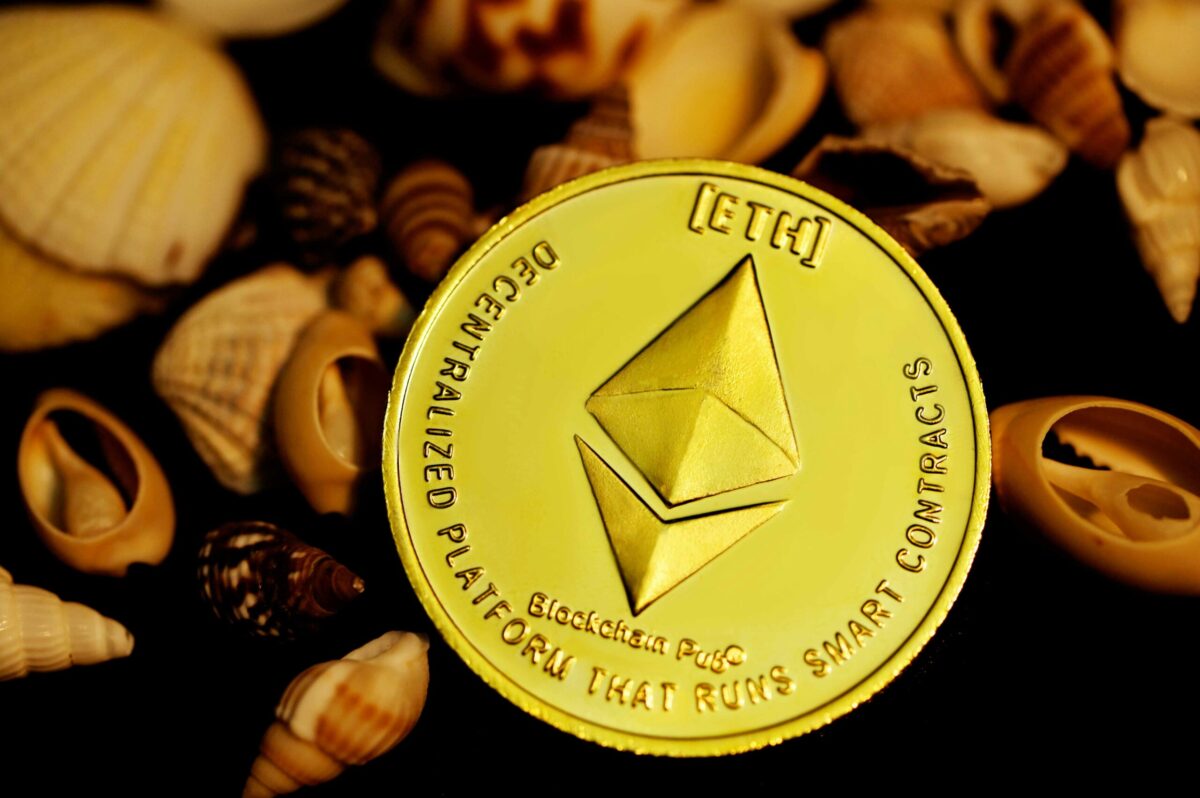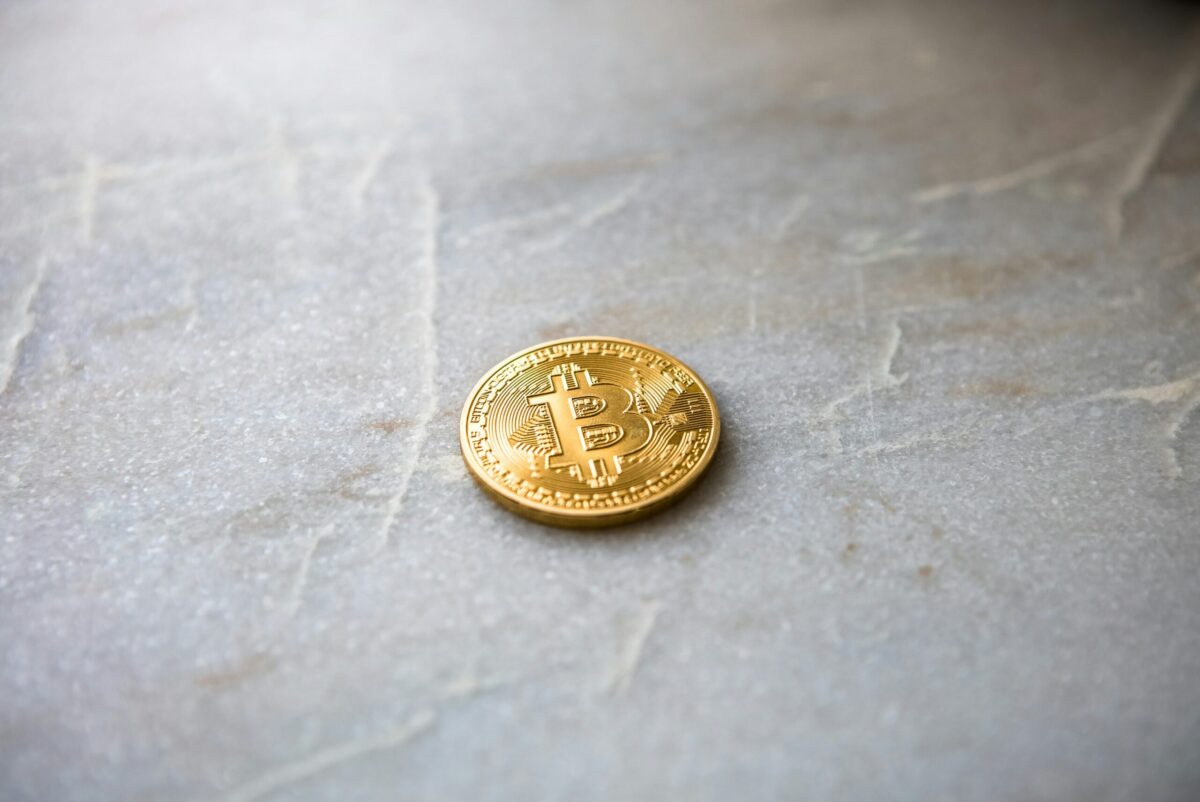Uniswap Labs, a major player in the decentralised finance (DeFi) world, has agreed to pay $175,000 to settle charges brought against it by the US Commodity Futures Trading Commission (CFTC).
The charges accused Uniswap of offering leveraged cryptocurrency trading to regular investors without following the rules.
However, not everyone at the CFTC agrees with how the situation was handled, raising concerns about the future of DeFi regulation.
On 4 September 2024, the CFTC announced that as part of the deal, Uniswap will stop violating the Commodity Exchange Act (CEA) and pay a $175,000 amount as civil penalty.
The charges stemmed from Uniswap offering leveraged tokens, which are complex financial products, to retail investors. The CFTC said this was illegal because the platform didn’t have proper authorisation.
CFTC’s director of enforcement, Ian McGinley, warned that all DeFi operators must ensure their transactions comply with US law. However, two CFTC commissioners, Summer Mersinger and Caroline Pham, disagreed with how the agency handled the case.
Mersinger criticised the CFTC, saying it was using “regulation by enforcement” instead of giving clear guidelines to DeFi platforms like Uniswap.
She pointed out that Uniswap had already stopped trading the tokens involved in the charges, such as BTC 2x Flexible Leverage Index (BTC2XFLI) and ETH 2x Flexible Leverage Index (ETH2XFLI).
Pham was also unhappy with the enforcement action. She argued that the CFTC was overstepping its authority by making broad interpretations in the settlement without proper rulemaking.
Additionally, Pham questioned the evidence used in the case, suggesting that the charges were based on the word “leveraged” in the token names, with no proof that Uniswap actually promoted or marketed them as leveraged products.
Jurisdiction issues and regulatory concerns
The CFTC generally oversees commodity derivatives, not spot commodity markets or securities. However, in this case, the agency claimed jurisdiction over Uniswap’s tokens by classifying them as “leveraged or margined commodity transactions”.
The CFTC’s order suggested that the tokens in question may have been created by Index Coop, a DeFi protocol that focuses on leveraged strategies, although the issuer wasn’t named.
This isn’t the first time the CFTC has faced criticism for its approach to regulating crypto assets. Both Commissioners Mersinger and Pham have voiced concerns about how the agency handles digital assets.
Mersinger, in particular, has previously said that clear guidance from Congress is necessary to prevent crypto companies from moving their operations to countries with more favourable regulations.
She believes that without proper rules, enforcement actions like this one will only drive innovation out of the U.S.
Similarly, Pham has called for regulators to stick to their jurisdiction when dealing with digital assets.
She argued that the CFTC’s enforcement teams, along with those at the Securities and Exchange Commission (SEC), are shaping rules through enforcement actions rather than following established procedures.
Tensions between regulators & DeFi platforms
Uniswap’s settlement with the CFTC is part of a larger trend of increased regulatory pressure on DeFi platforms.
Earlier in 2023, Uniswap received a Wells notice from the SEC, indicating that the agency was investigating whether the platform was operating as an unregistered securities broker and exchange.
In response, Uniswap argued that the SEC doesn’t have the authority to regulate its main assets, such as Bitcoin, Ethereum, and stablecoins, because these are not securities.
Uniswap also defended its decentralised structure, highlighting that it doesn’t collect user data or hold accounts, which makes it challenging to follow traditional regulatory requirements.
Although the CFTC case is now settled, the SEC has not yet filed any charges against Uniswap.
Regulators, like SEC Chair Gary Gensler, argue that most digital assets are securities and should be regulated as such. On the other hand, platforms like Uniswap claim that their tokens are not securities, but commodities or utility tokens.

